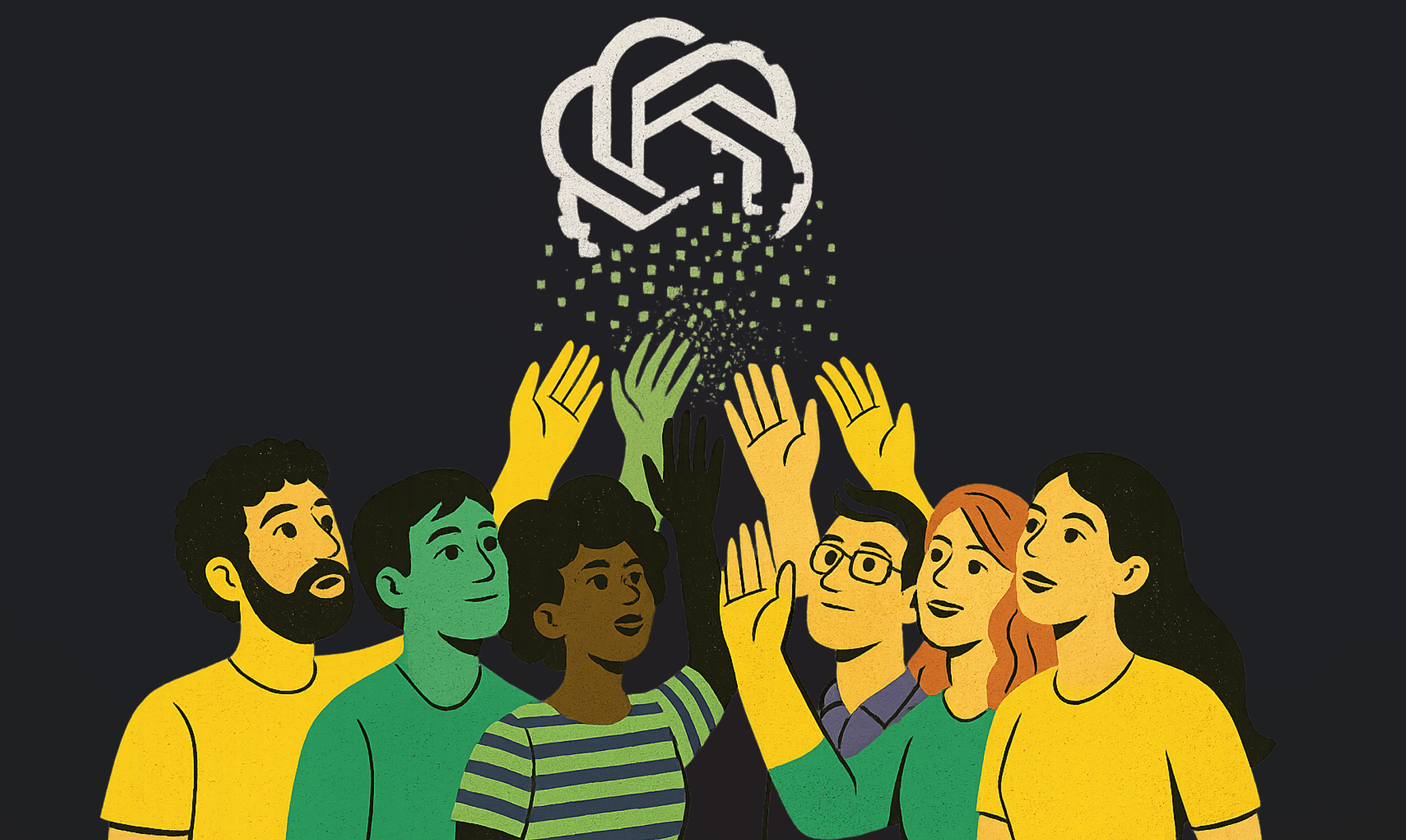OpenAI to Launch Unrestricted Open-Weight Reasoning Language Model

OpenAI’s New Open-Weight Language Model
OpenAI is set to release a new language model with open weights, marking a return to their open-source roots. This announcement comes nearly four years after the release of GPT-2, and the new model will feature enhanced reasoning capabilities. OpenAI’s CEO, Sam Altman, describes the upcoming model as a "very, very good model" and it is expected to be unrestricted for use.
Developer Engagement and Feedback
To maximize the usefulness of the new language model, OpenAI seeks to engage with developers directly. They plan to hold a series of developer events, starting in San Francisco and expanding to locations in Europe and the Asia Pacific region. Developers can also provide feedback through a dedicated platform to help shape the model.
Open Access Without Restrictions
Altman emphasizes that this new model will have no aggressive terms of usage. In a move that stands in contrast to Meta’s licensing issues, he stated that OpenAI won’t impose limits based on user base size. Meta, for instance, has restrictions on the usage of its models like Llama, which becomes active for products with over 700 million monthly users.
Open-Weight Model Release
While OpenAI has the option to either release just the model weights or provide full system reconstruction capabilities, Altman specifically mentioned an "open-weight" model, suggesting that only the model weights will be made available. This could limit developers who want to have full control over their implementation.
Safety First: Assessment Measures
Before the launch, the model will undergo thorough safety evaluations. OpenAI will utilize its Preparedness Framework to identify and mitigate any potential risks associated with deploying the model openly. Johannes Heidecke from OpenAI emphasized that they are particularly focused on the risks that third parties can pose by potentially fine-tuning the model for harmful purposes.
OpenAI will collaborate with both internal teams and external experts to conduct extensive safety tests. The company’s commitment to avoiding catastrophic risks has even been endorsed by some former employees who have critiqued the internal safety protocols of OpenAI.
A Shift Towards Open Source
OpenAI’s decision to return to open-source principles follows a trend among other companies that have recently begun releasing open-source models, including names like Meta, Deepseek, Alibaba, and Mistral. The renewed interest in open-source solutions has highlighted a growing demand from developers for more accessible AI options.
Altman acknowledged that while their models will still be of high quality, the company has recognized the need to adopt a more open approach. He mentioned, "We will produce better models, but we will maintain less of a lead than we did in previous years."
The Implications for Developers and the Market
Embracing open-source practices can yield significant advantages in the competitive landscape. Companies that prioritize open access to their technologies may see better adoption rates, similar to how Google solidified its dominance with the Android platform.
Brad Lightcap, OpenAI’s COO, pointed out that this initiative responds to developer feedback, stating, “While we will continue to offer frontier models via our API and in ChatGPT, there are many scenarios where APIs alone won’t fully enable developers to build in the place, or in the way, in which they’d like.”
The landscape for language models is evolving, and OpenAI’s efforts to release an open-weight language model represents a pivotal moment in the ongoing dialogue about AI accessibility and responsible usage practices. Through this model, OpenAI aims to support innovation while addressing the critical aspects of safety and ethical considerations associated with AI deployment.






